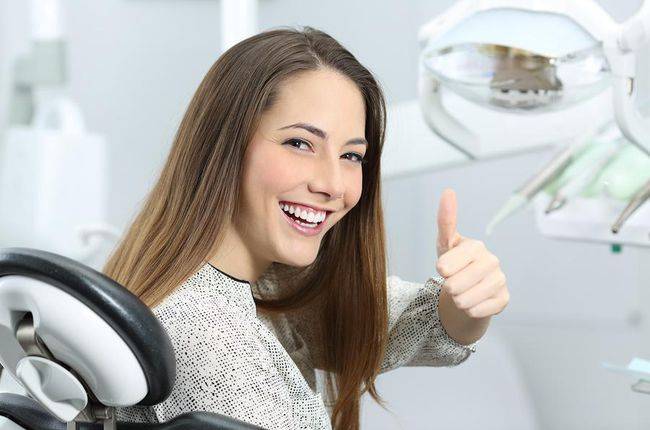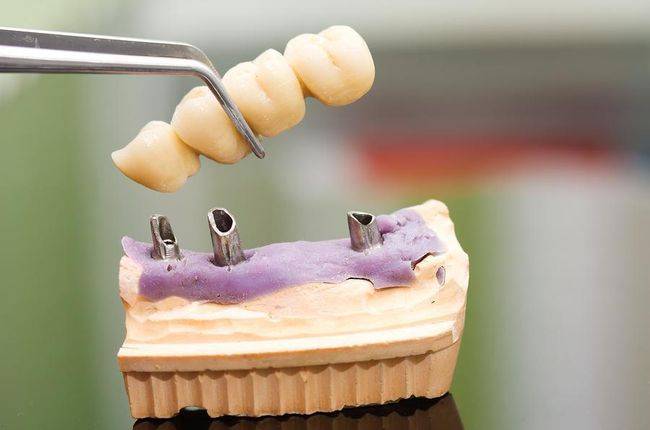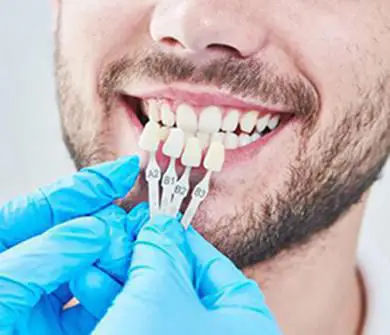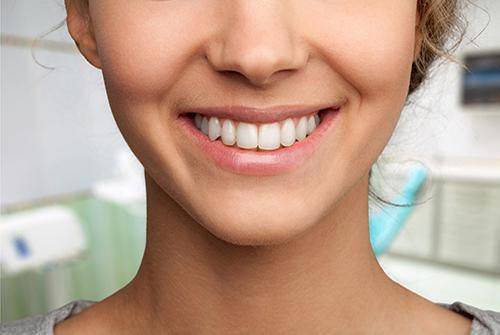Dental Exams and X-Rays
Dental exams are quintessential for preventive oral care. Regular
dental exams keep your mouth healthy and help avoid dental
emergencies.
During the oral assessment, you can ask your hygienist all
questions concerning your oral health and habits.
What happens during a Dental Exam?
The dentist or hygienist evaluates your overall health and oral
hygiene while assessing the mouth for any kind of an abnormality.
The following evaluations are made:
- Evaluates your requirement for fluoride treatment.
- Demonstrates proper brushing and flossing techniques for your teeth and dentures.
- Examines teeth for decay, fractures, cavities, and gum disease.
- Assesses your need for teeth replacement and restoration.
- Examines your prosthetic replacements and makes the required adjustments.
- Takes dental X-rays for a detailed diagnosis.
Dental X-rays
Clinical tests often fail to detect dental problems in the hidden
areas of the oral cavity. X-rays or radiograph exams help in both
diagnosing and preventing serious oral care issues that cannot be
identified with a simple oral exam. Detecting problems in their
early stages can possibly save you time, money and needless
discomfort.
Children require X-ray examinations more than adults because their
teeth are still developing and are more susceptible to cavities
and caries.
What Problems can X-rays detect?
X-rays are very helpful in detecting severe dental diseases and
enable the dentist to:
- Diagnose periodontal diseases at an early stage.
- Detect jaw disorders like TMD.
- Reveal impacted wisdom teeth.
- Check the health of the bone structure and reveal bone loss.
- Look at the tooth roots and reveal fractures, abscess formation, cysts, tumors, root resorptions, and sinusitis.




